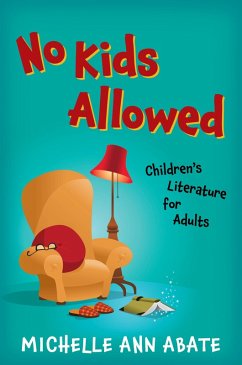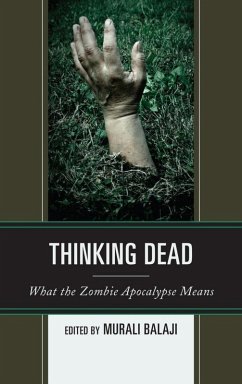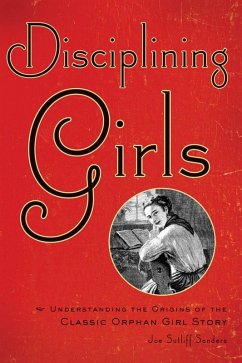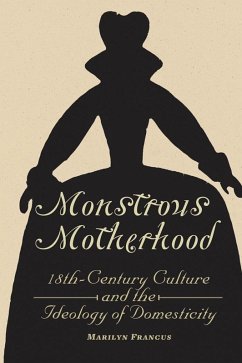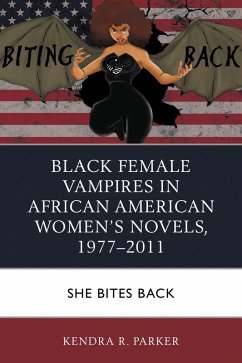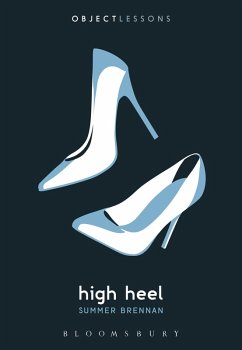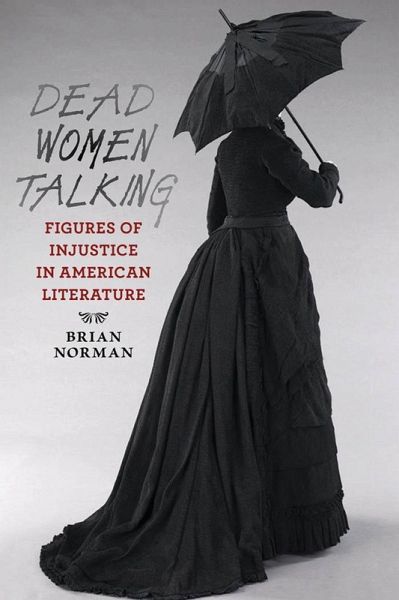
Dead Women Talking (eBook, ePUB)
Figures of Injustice in American Literature
Versandkostenfrei!
Sofort per Download lieferbar
15,95 €
inkl. MwSt.
Weitere Ausgaben:

PAYBACK Punkte
8 °P sammeln!
Dead women speak as agents of social justice in work by some of the best-known writers of American literature.Brian Norman uncovers a curious phenomenon in American literature: dead women who nonetheless talk. These characters appear in works by such classic American writers as Poe, Dickinson, and Faulkner as well as in more recent works by Alice Walker, Toni Morrison, Tony Kushner, and others. These figures are also emerging in contemporary culture, from the film and best-selling novel The Lovely Bones to the hit television drama Desperate Housewives. Dead Women Talking demonstrates that the ...
Dead women speak as agents of social justice in work by some of the best-known writers of American literature.Brian Norman uncovers a curious phenomenon in American literature: dead women who nonetheless talk. These characters appear in works by such classic American writers as Poe, Dickinson, and Faulkner as well as in more recent works by Alice Walker, Toni Morrison, Tony Kushner, and others. These figures are also emerging in contemporary culture, from the film and best-selling novel The Lovely Bones to the hit television drama Desperate Housewives. Dead Women Talking demonstrates that the dead, especially women, have been speaking out in American literature since well before it was fashionable. Norman argues that they voice concerns that a community may wish to consign to the past, raising questions about gender, violence, sexuality, class, racial injustice, and national identity. When these women insert themselves into the story, they do not enter precisely as ghosts but rather as something potentially more disrupting: posthumous citizens. The community must ask itself whether it can or should recognize such a character as one of its own. The prospect of posthumous citizenship bears important implications for debates over the legal rights of the dead, social histories of burial customs and famous cadavers, and the political theory of citizenship and social death.
Dieser Download kann aus rechtlichen Gründen nur mit Rechnungsadresse in A, B, BG, CY, CZ, D, DK, EW, E, FIN, F, GR, HR, H, IRL, I, LT, L, LR, M, NL, PL, P, R, S, SLO, SK ausgeliefert werden.




